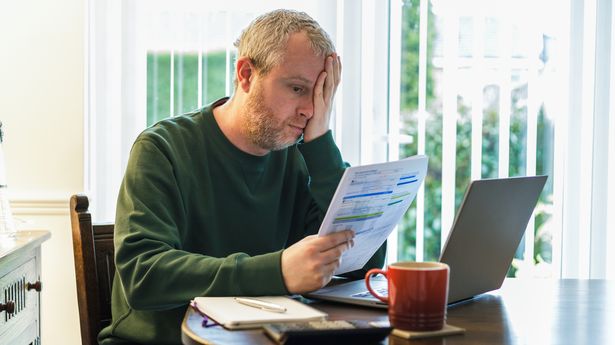Rental cost support for millions of private renters on Universal Credit will be frozen next year.
After the Budget last week, it was confirmed that the Local Housing Allowance (LHA) - which calculates the maximum amount of Housing Benefits for those renting from private landlords - is to remain at the same level until 2026.
In a written statement last week, Liz Kendall, Secretary of State for Work and Pensions, said: "Local housing allowance rates for 2025/26 will be maintained at the 2024/25 levels, following their increase in April 2024."
The rates vary based on property size and location, but they should equal an area's lowest affordable housing rents. However, the Local Housing Allowance was frozen for seven out of the last 12 years under the former Tory government before it was increased earlier this year. This has meant it has failed to keep up with rising rental costs, which have skyrocketed over the last three years.
Rates were increased in April this year to cover the cheapest 30% of local market rents, based on September 2023 values. However, private rents have continued to rise since then. According to the Office for National Statistics (ONS), average UK private rents rose by 8.4% between September 2023 and 2024.
According to the Resolution Foundation, maintaining the rate freeze will leave renters relying on Housing Benefits to pay for their homes on average £243 worse off a year and £703 worse off by the end of parliament if rent prices continue to rise.
Tom Wernham, research economist at the Institute for Fiscal Studies, added: "With rents rising fast, the proportion of properties which can be covered by housing benefit will shrink rapidly, and pressure will mount on the government to increase the LHA rates, once again."
According to Ben Twomey, chief executive of Generation Rent, the move to freeze the rate will affect aroudn 4.6million people who receive LHA. He added: "That seems to us to be a choice made by the government that denies support to those most in need of it. Half of those people receiving LHA have children who depend on them,” he said. “So it’s really going to cause major problems in terms of driving people into poverty, driving people into homelessness and increasing rent arrears.”
On the move, a government spokesperson said: "We are committed to the biggest increase in affordable housing in a generation, and to ensuring our social security system is fair and sustainable. Local housing allowance rates have already increased earlier this year by 6.7%, which is worth an additional £800 on average to low-income households, and will be maintained at that rate for the next year."
